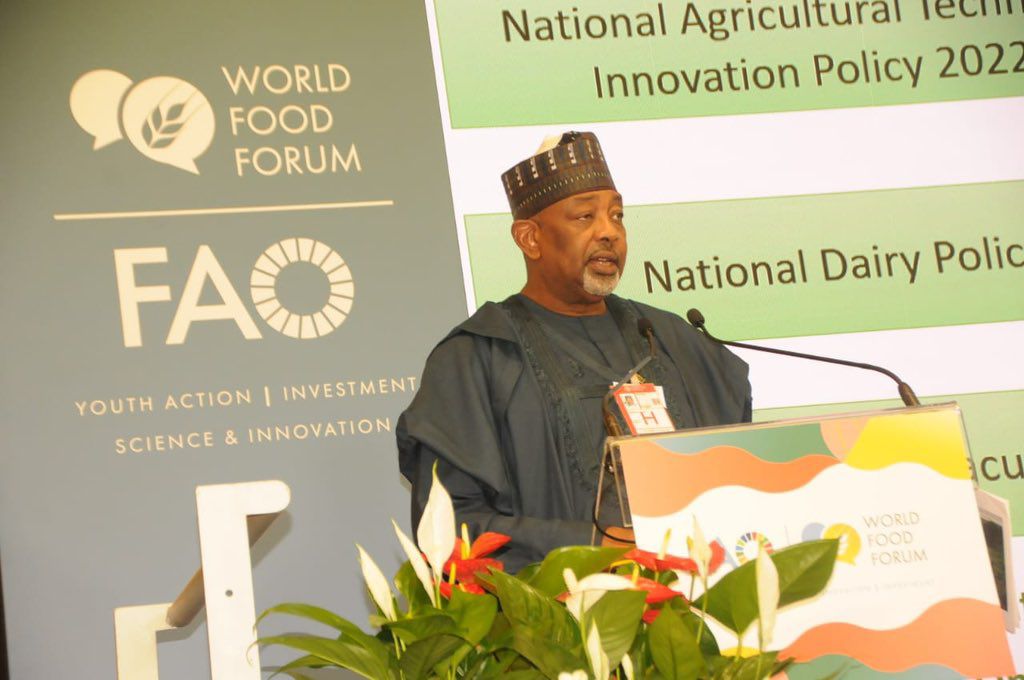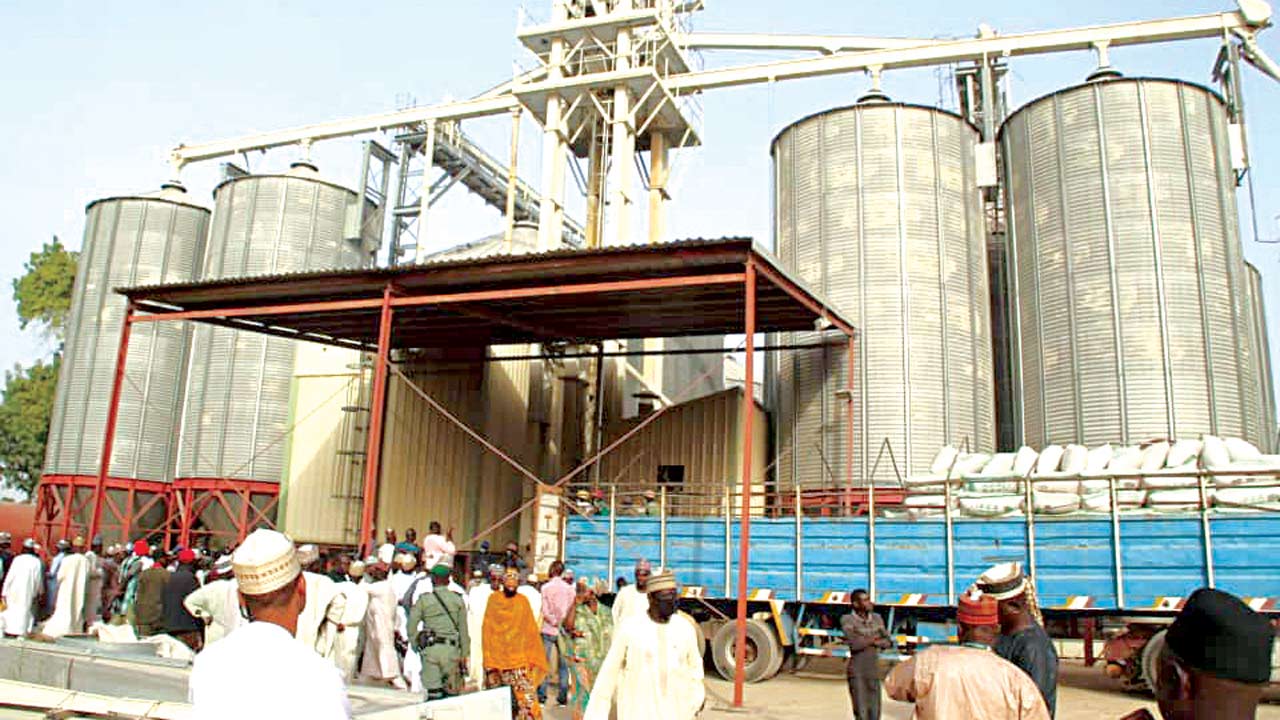About $3.13 billion has been invested in fishery, tomatoes, dairy, maize and cassava, as part of efforts to address food insecurity in Nigeria. The Minister of Agriculture and Food Security (FMAFS), Senator Abubakar Kyari, who said this on Thursday, added that the investment was to also boost the country’s agricultural potential.
According to him, the investment opportunities in agriculture may also have been partly impaired by certain factors within the economic system in the country. He was speaking at the Investment Forum in Rome, Italy.
In a post he shared on the microblogging platform X, Kyari said the challenges on tax, foreign investors profits repatriation, and local content incentives were a major hindrance in agricultural investment.
He noted that the sector with a Gross Domestic Product (GDP) of approximately $430 billion, has vast agricultural potential, contributing 25.58 per cent to GDP in 2022. He highlighted numerous investment opportunities in the sector and urged for increased investment to unlock its full potential at the state level.
The opportunities he said include “Tomato: Investment of $869.4m is aimed at improving productivity and reducing post-harvest losses by supporting irrigation, processing facilities, and seed multiplication. The initiative targets states like Kano, Bauchi, and Borno.
“Cassava: A $382.2m investment aims to boost yield and reduce losses through processing units, research support, and value chain financing, focusing on states like Ogun, Oyo, and Anambra.
“Maize: With a $1bn investment, the goal is to increase production and processing capacity in states like Katsina, Kaduna, and Oyo.
“Dairy: Addressing high import dependency, this $476.8 million investment focuses on boosting productivity, processing, and pasture management, primarily in Bauchi, Kwara, and Oyo.
“Fisheries and Aquaculture: Targeting a production gap, $399.8 million is allocated to improve fish farming, focusing on states like Ebonyi, Anambra, Ogun, Kwara, and Oyo”.
Speaking on creating an enabling investment environment, Kyari pledged to support investors through incentives, policies and programme.
According to him, this will include “Various incentives, policies, and programs aim to support investment in agriculture, including tax breaks, repatriation of profits for foreign investors, and local content incentives”.
Subsequently, he said, a hand-in-hand initiative which seeks to enhance livelihoods, build resilience, and develop value chains to support key crops like tomato, cassava, rice, maize, dairy, and fisheries would be implemented.
Now, beyond the provision of food for the populace, the initiatives also provided employment and means of livelihood for the people. So, the minister said the development is an indication that the approach is expected to attract $314bn in development financing, aimed at delivering significant economic returns and social benefits such as job creation, income growth, and a reduction in carbon emissions.












